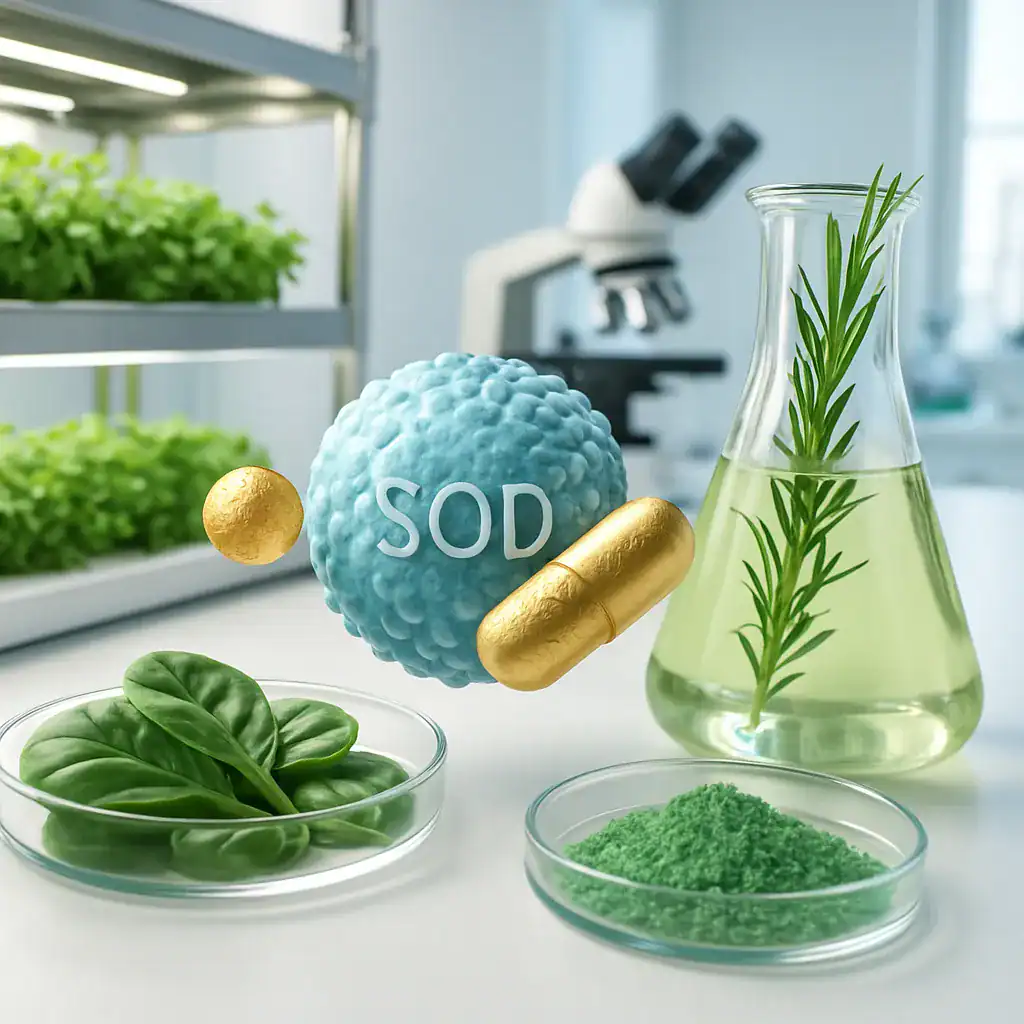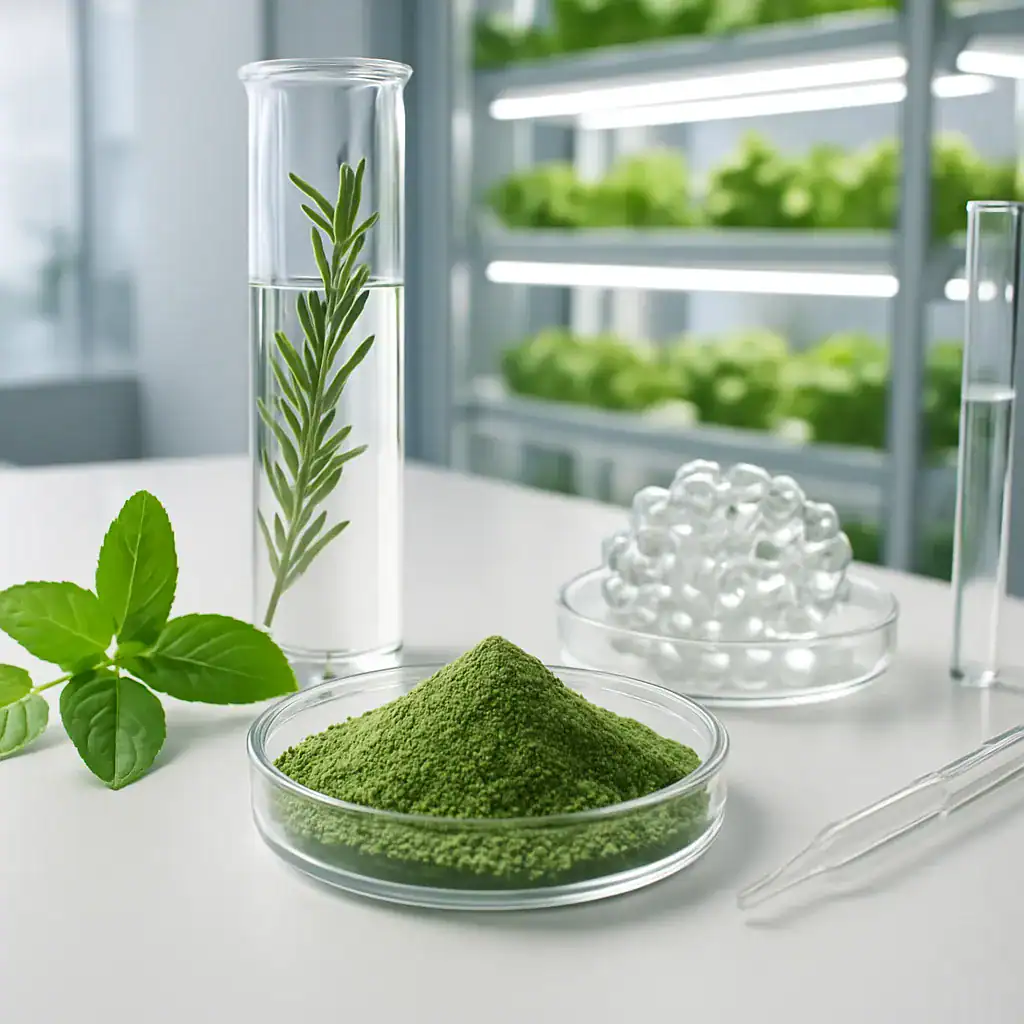The Green Revolution in Herbal Extraction: Eco-Friendly Processes Explained
Water Conservation in Farming: The Future of Sustainable Agriculture
Water is one of our most precious resources, yet traditional farming methods consume enormous amounts of it—approximately 70% of global freshwater withdrawals. As climate change intensifies and water scarcity becomes more prevalent, innovative approaches to water conservation in agriculture aren’t just beneficial; they’re essential for our collective future.
Understanding the Water Crisis in Modern Agriculture
When you walk through a conventional farm, you might see irrigation systems spraying water across vast fields. But did you know that up to 60% of that water never reaches the plant roots? That’s right—it’s lost to evaporation, runoff, or simply missed its target completely.
Water conservation in farming represents a fundamental shift in how we think about agriculture. It’s not merely about using less water; it’s about maximizing every drop while maintaining or even improving crop yields. But have you ever considered that the solution might not be in changing how we water our crops, but in transforming how we grow them entirely?
Revolutionary Water-Saving Techniques in Modern Farming
Vertical Farming: The Water Conservation Game-Changer
Vertical farming—a technique that PhNóva has pioneered through its Vertical Farming Botanics division—represents one of the most promising approaches to water conservation in agriculture. By growing plants in stacked layers within controlled environments, vertical farms can reduce water usage by up to 95% compared to traditional farming methods.
You might wonder how such dramatic water savings are possible. In vertical farming systems, water is recirculated rather than lost to the environment. Excess water is captured, filtered, and reused, creating a closed-loop system that minimizes waste. This approach is particularly valuable for growing nutraceuticals and bioactive compounds where consistency and purity are paramount.
Precision Irrigation Technologies
Beyond structural changes to farming, precision technologies are revolutionizing water application. Drip irrigation systems deliver water directly to plant roots, while soil moisture sensors ensure water is applied only when needed. These technologies can reduce water usage by 30-50% while improving crop health by preventing both under and overwatering—a common issue that nutritionists see manifested in nutrient-depleted foods.
The Biological Dimension of Water Conservation
Drought-Resistant Cultivars and Bioactive Compounds
You’ve likely heard about drought-resistant crops, but the science behind them is fascinating. These plants often produce higher levels of protective compounds—the same bioactive substances that make them valuable as nutraceuticals. For example, plants under mild water stress may increase production of superoxide dismutase (SOD), a powerful enzyme that helps them combat oxidative stress.
That’s clear evidence of nature’s ingenuity, but here’s something you might not know: these stress-induced compounds often have extraordinary benefits for human health. When we consume these plants, we’re essentially borrowing their resilience mechanisms for our own bodies.
Soil Microbiome Management for Water Efficiency
The hidden world beneath our feet plays a crucial role in water conservation. A healthy soil microbiome—the complex ecosystem of bacteria, fungi, and other microorganisms—can significantly improve water retention and availability to plants.
Have you ever seen a garden that thrives with minimal watering? The secret often lies in the soil biology. Certain mycorrhizal fungi form symbiotic relationships with plant roots, effectively extending their reach and water-gathering capacity by up to 700%. These natural partnerships represent an often-overlooked aspect of water conservation in farming that aligns perfectly with sustainable, natural approaches to agriculture.
The Future Integration: Technology and Nature Working Together
The most promising approaches to water conservation in farming don’t pit technology against nature but integrate them seamlessly. PhNóva’s approach exemplifies this philosophy—leveraging advanced technologies like vertical farming while honoring natural processes and compounds.
For instance, controlled environment agriculture doesn’t just save water; it creates ideal conditions for plants to develop optimal levels of beneficial compounds. This means we can simultaneously address water conservation and enhance the nutritional quality of our food—a win-win scenario that nutritionists and health-conscious consumers increasingly demand.
As climate patterns become more unpredictable, water conservation in farming will only grow in importance. The agricultural systems that thrive will be those that embrace innovation while respecting ecological principles—creating not just sustainable farms, but regenerative ones that give back more than they take.
Whether you’re a consumer, practitioner, or industry professional, understanding these advances in water conservation helps you make more informed choices about the foods and supplements you recommend or consume. After all, true health begins long before harvesting—it starts with how we nurture our plants and the precious resources we use to grow them.
Our Key Areas of Expertise
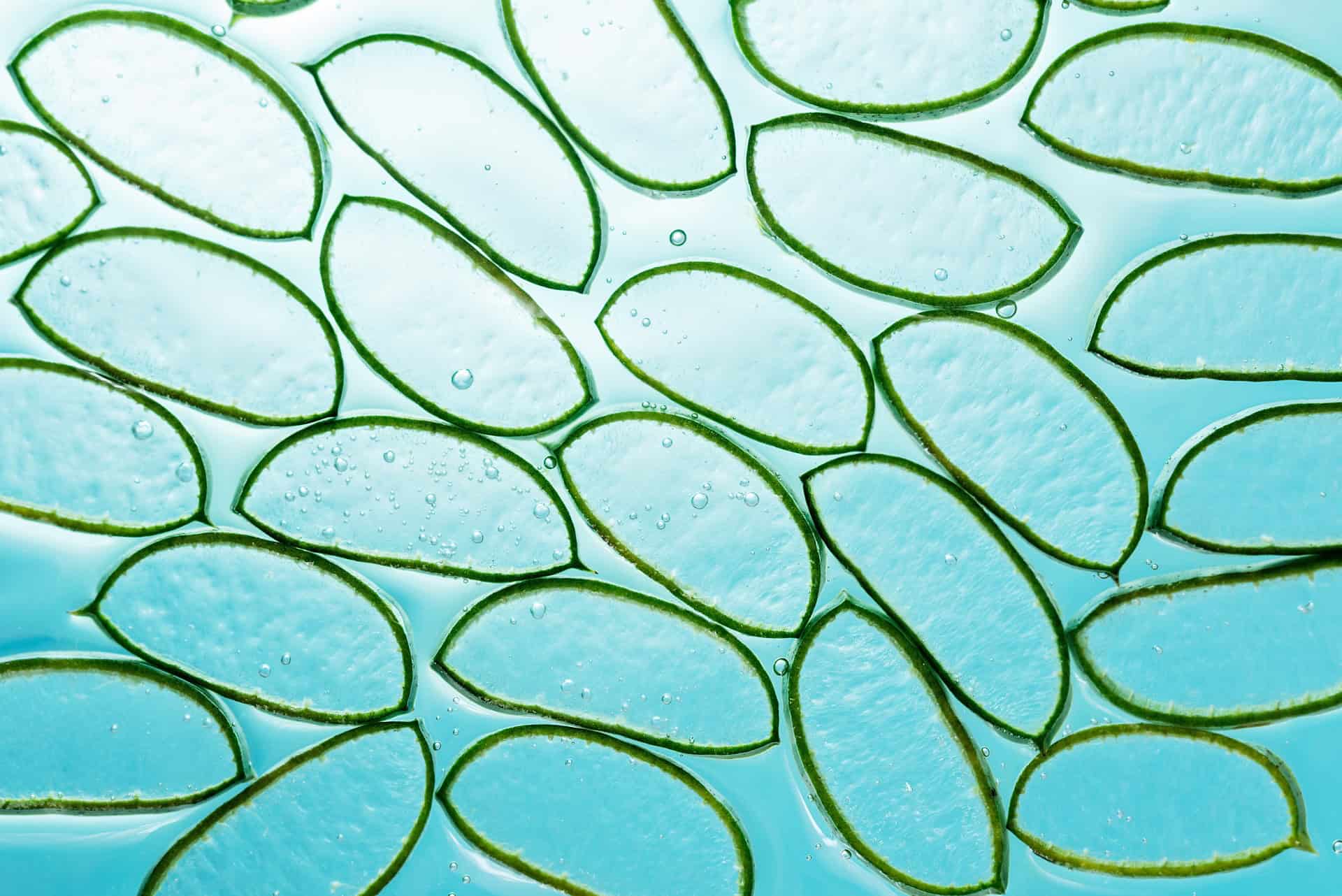
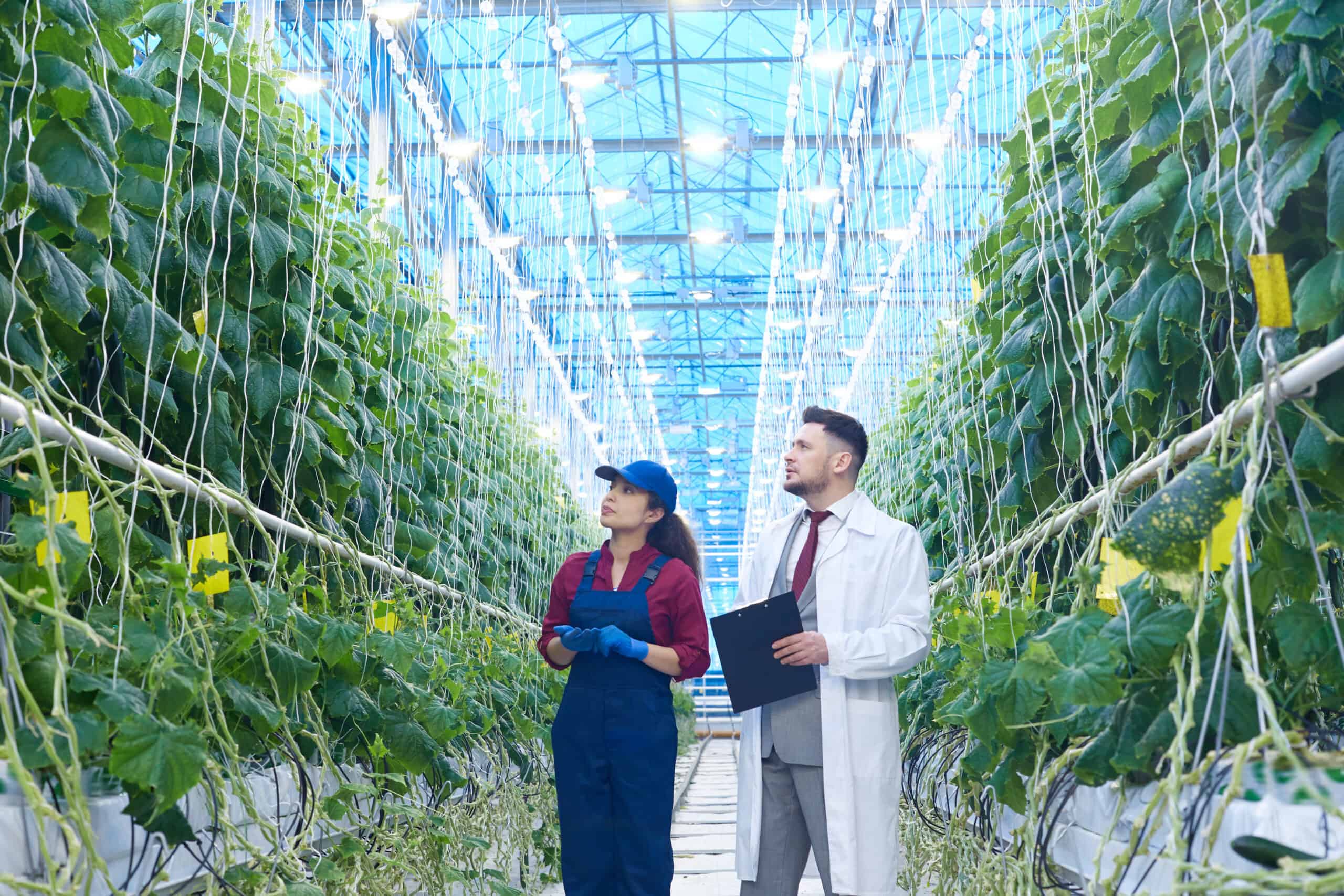

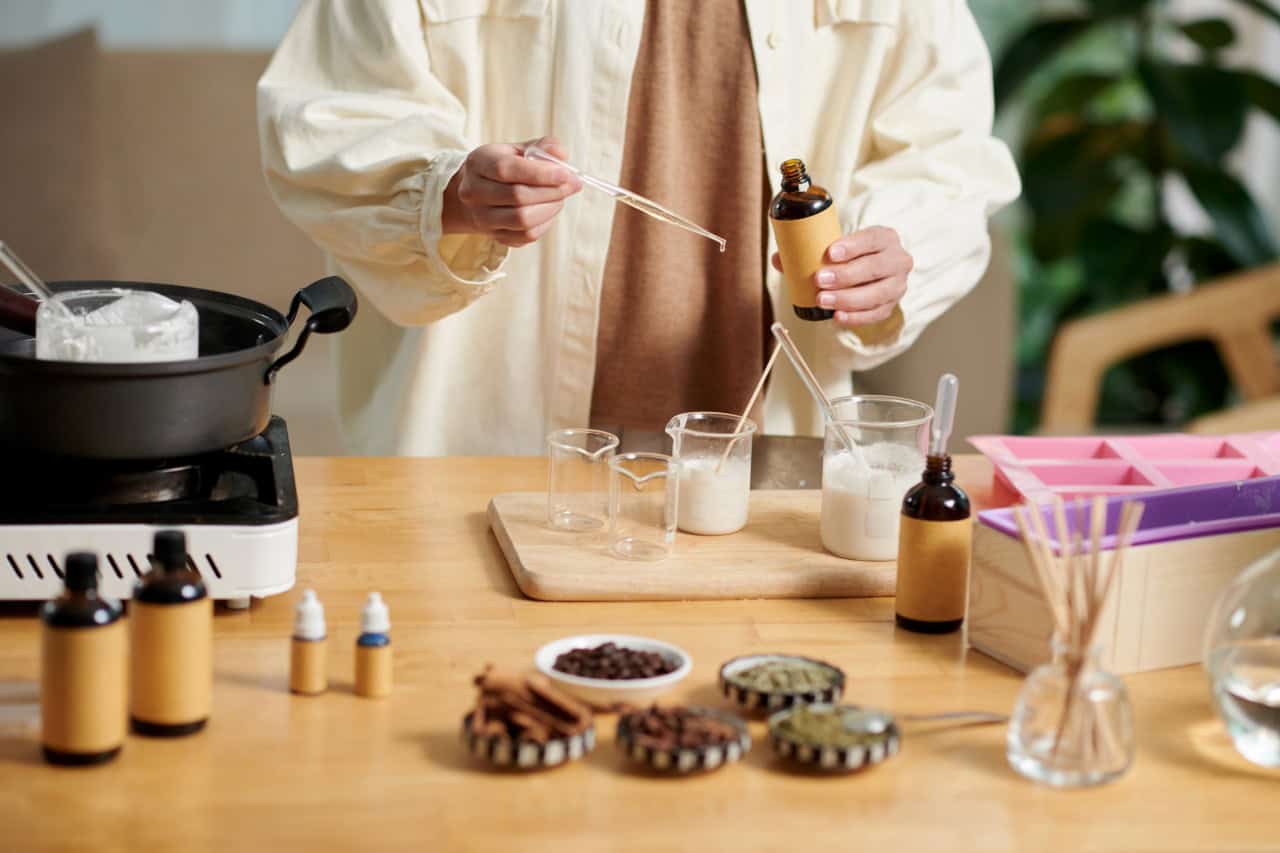
The Ripple Effect: How Water Conservation in Farming Transforms Health Products
Water conservation practices in agriculture extend far beyond the farm—they fundamentally alter the quality, potency, and sustainability of the health products you consume daily. When we examine the entire production chain, we discover that water efficiency creates a cascade of benefits for both environmental sustainability and human health outcomes.
The Quality Connection: How Water Stress Affects Bioactive Compounds
Plants grown under optimal water conditions develop entirely different biochemical profiles than those subject to drought or flooding. This isn’t just a matter of survival—it directly impacts the therapeutic value of nutraceuticals and supplements derived from these plants.
Research shows that moderate water stress can actually increase the concentration of certain beneficial compounds:
- Plants grown with precision irrigation techniques may produce up to 30% higher levels of antioxidants
- Water-conserving vertical farming systems can enhance flavonoid concentration by 15-25%
- Controlled soil moisture can optimize alkaloid production in medicinal plants
However, excessive water stress typically diminishes plant vitality and reduces overall bioactive yield. The art of water conservation in farming lies in finding that perfect balance—sufficient stress to stimulate protective compound production without compromising plant health.
From Field to Formula: Water Conservation’s Impact on Nutraceutical Production
When you take a supplement containing plant-derived compounds, the water management practices used to grow those plants directly influence what you’re putting into your body. Here’s how water conservation techniques affect key aspects of nutraceutical production:
Enhanced Exosome Delivery Systems
Plant exosomes—natural nanocarriers that transport bioactive compounds—are particularly sensitive to water conditions during growth. When plants are grown using water-efficient methods like those employed in PhNóva’s vertical farming operations, they often produce more robust exosome structures with:
- Improved stability during extraction and processing
- Enhanced ability to protect encapsulated bioactive compounds
- Superior targeted delivery in the human body
This means that water conservation isn’t just an environmental practice—it’s a crucial factor in developing effective nanodelivery systems for nutraceuticals. When you consume products containing plant-derived exosomes, the water management practices used during cultivation directly impact how effectively those compounds are delivered to your cells.
Superoxide Dismutase: Nature’s Stress Response
Superoxide dismutase (SOD) represents a fascinating intersection between plant stress responses and human health benefits. This powerful enzyme helps plants neutralize harmful free radicals produced during water stress conditions.
When agricultural methods incorporate smart water management, plants produce optimal levels of SOD—neither too little (from excessive irrigation) nor degraded versions (from severe drought). The SOD derived from these optimally-stressed plants offers superior protection for your:
- Joint health through reduced inflammation
- Cardiovascular system by combating oxidative damage
- Skin integrity by neutralizing UV-induced free radicals
This demonstrates how water conservation in farming creates a virtuous cycle: practices that preserve environmental resources simultaneously enhance the therapeutic value of health-promoting compounds.
Sustainable Water Use and Clean Production Synergies
Chemical-Free Cultivation
Sustainable irrigation practices naturally complement chemical-free cultivation methods. When water is applied precisely where and when needed:
- Plants develop stronger natural defenses
- Soil ecology remains balanced, improving nutrient uptake
- The need for synthetic pesticides and fertilizers decreases substantially
This means that water conservation in farming isn’t just about using less water—it’s about creating agricultural systems that require fewer external inputs overall. The resulting crops contain fewer chemical residues and higher concentrations of beneficial compounds, making them ideal for natural extraction processes used in premium nutraceutical production.
Water Footprint Reduction Throughout the Value Chain
The water conservation ethos extends far beyond the field, influencing every stage of production:
| Production Stage | Traditional Water Usage | Conservation Impact |
|---|---|---|
| Cultivation | 70-80% of total water footprint | Vertical farming reduces usage by up to 95% |
| Processing | High volumes for washing and extraction | Closed-loop systems recapture and reuse water |
| Formulation | Water-intensive mixing and preparation | Concentrated extracts require less processing |
| Packaging | Water-intensive materials production | Sustainable materials with lower water footprints |
When you choose products from companies committed to water conservation throughout their supply chain, you’re supporting a comprehensive approach to sustainability that protects both environmental resources and product purity.
Beyond Ingredients: Water Conservation’s Impact on Product Efficacy
The relationship between water conservation and product efficacy becomes particularly evident in specialized nutraceutical categories:
Aroma and Flavor Development
Plants grown with precision water management develop more complex and concentrated essential oil profiles. These natural compounds form the foundation of aroma neutra products that enhance the sensory experience of supplements while masking unwanted flavors.
Drought stress, when carefully managed, can actually intensify the production of aromatic compounds in herbs and botanicals. These enhanced profiles enable the development of more effective natural flavor systems that:
- Reduce the need for artificial masking agents
- Improve compliance through better taste profiles
- Enhance the overall user experience of health products
The connection is clear—water conservation practices that strengthen plants’ aromatic properties directly contribute to creating more palatable and effective health products.
Functional Food Applications
When water-conserved cultivation methods produce ingredients with higher bioavailability, the applications extend beyond supplements to functional foods. The concentrated compounds derived from these optimally-grown plants can be incorporated into everyday foods at lower doses while maintaining efficacy.
This efficiency creates opportunities for more accessible health products that deliver therapeutic benefits through daily nutrition rather than isolated supplements. The enhanced potency of these ingredients enables the development of functional foods that:
- Require smaller amounts of active ingredients
- Maintain stability during food processing
- Deliver measurable health benefits through regular consumption
The synergy is powerful—water conservation in farming enhances both environmental sustainability and the therapeutic potential of the foods and supplements you consume daily.
R&D Consultancy
Discover how PhNóva’s R&D Consultancy can help transform your idea into a market-ready solution — with expert support in formulation, regulatory compliance, and innovative delivery systems to give your product a competitive edge.
FAQ's about The Green Revolution in Herbal Extraction: Eco-Friendly Processes Explained
Get in Touch with PhNóva
Have questions or need expert guidance? Contact us today — our team is ready to assist you with tailored solutions for your formulations.

31/03/2025




